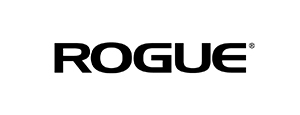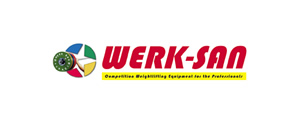Task force and targeted reanalysis before Rio
IOC also welcomes new WADA-led anti-doping task force in lead-up to this summer’s Games. The International Olympic Committee (IOC) and the World Anti-Doping Agency (WADA) have announced that selected samples from the Olympic Games London 2012 and Beijing 2008 are being reanalysed ahead of this summer’s Games in Rio de Janeiro, in another initiative aimed at protecting the clean athletes. At the request of and funded by the IOC, WADA has also set up a task force to gather information and intelligence; identify any gaps in pre-Games testing; and coordinate any extra testing that may be needed through the International Federations (IFs), National Anti-Doping Organisations (NADOs) and, if necessary, WADA itself. The WADA-run task force, which is coordinating intelligence-gathering with the NADOs of Australia, Denmark, Japan, South Africa, the UK and USA, will identify athletes or groups of athletes who should be included in registered testing pools, and those who the IOC should test during the four-week period of the Olympic Games Rio 2016. The reanalysis of hundreds of samples from London 2012 and Beijing 2008 is already under way. The IOC and WADA have together identified and agreed on the sports and countries being targeted. This includes in particular athletes likely to compete in Rio de Janeiro who also competed in London and Beijing 2008, and specific methods of analysis where there have been advances during the time since Beijing 2008 and London 2012. “The aim of the programme is to prevent athletes who cheated in London or Beijing, and got away with it because we didn’t have as advanced methods of analysis as we do now, from competing in Rio de Janeiro,” IOC Medical and Scientific Director Richard Budgett said during the WADA Anti-Doping Organisation Symposium taking place from 14 to 16 March in Lausanne. “The results will come in a number of weeks or months.” The specialist task force will advise the IOC and the Rio 2016 Organising Committee who they should be testing, both in and out of competition. This intelligence will be used to refine the testing plan day by day during the period of the Games (beginning with the opening of the Athletes’ Village on 24 July, and ending with the Closing Ceremony on 21 August), to produce the most effective and efficient testing programme possible. “We are trying passionately to protect those clean athletes who are going to Rio 2016,” Dr Budgett said. “And the best way to do that is to catch the cheats and deter the cheats before we get to Rio de Janeiro. So that’s why we launched this initiative with the task force even before the Olympic Games open.” The measures are in line with the change of philosophy to protect the clean athletes outlined in Olympic Agenda 2020, the IOC’s strategic roadmap for the future of the Olympic Movement. Earlier this month, the IOC Executive Board agreed to delegate the decisions on alleged anti-doping rule violations during the Olympic Games to an independent body. A new Anti-doping Division of the Court of Arbitration for Sport (CAS) will handle cases from the Olympic Games 2016 onwards. The move follows the Resolution of the Fourth Olympic Summit to make anti-doping testing independent of sports organisations. Source:














